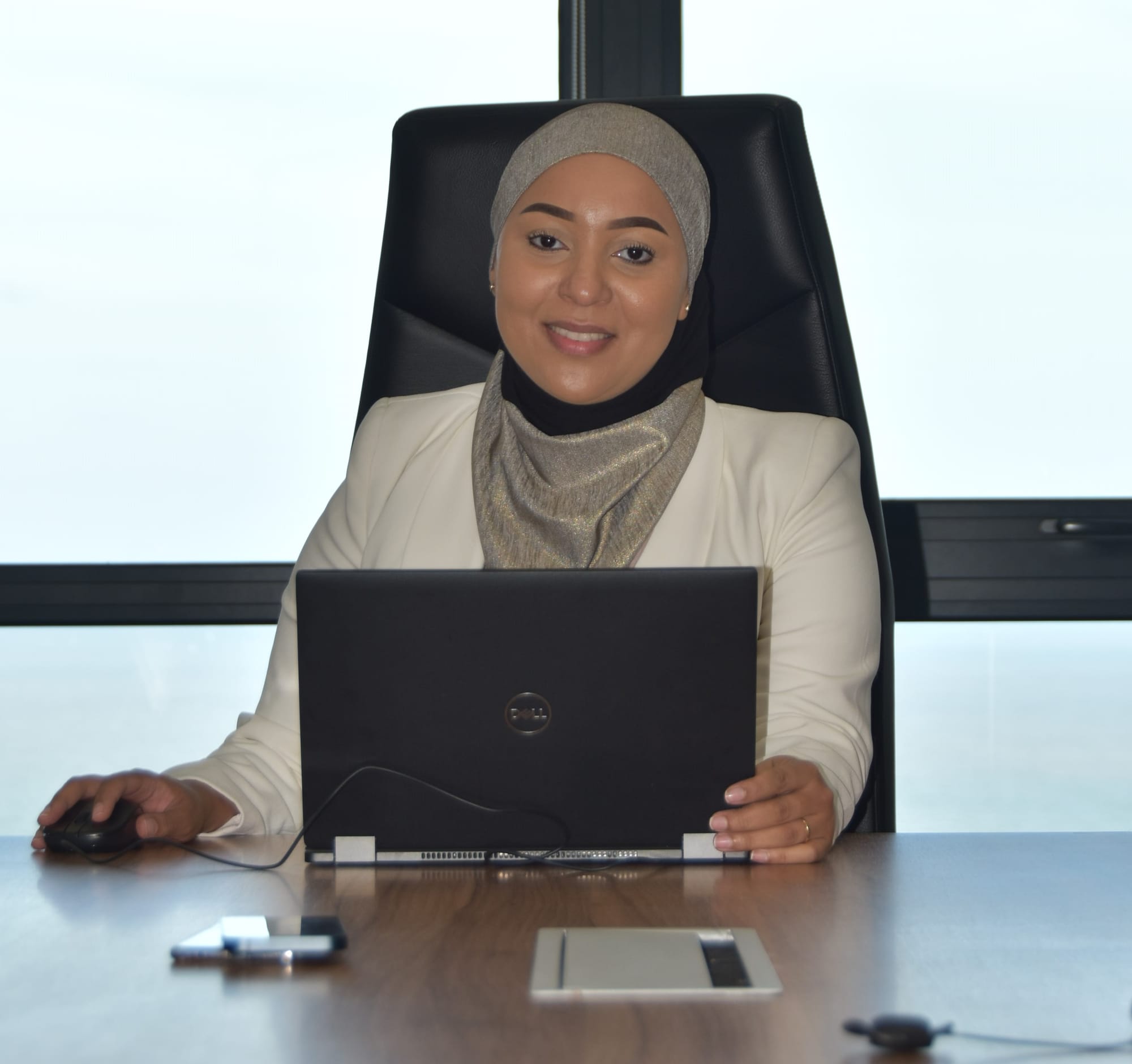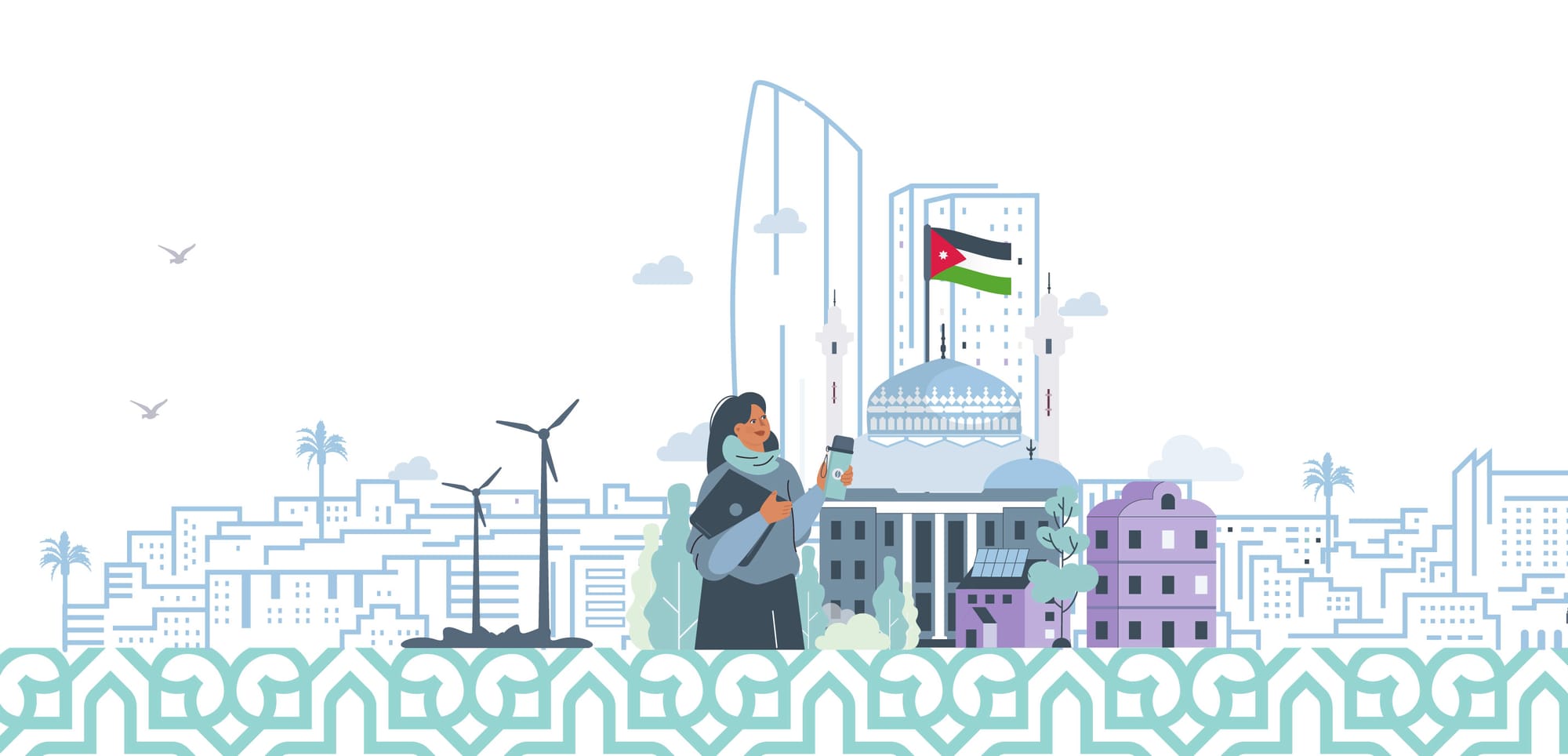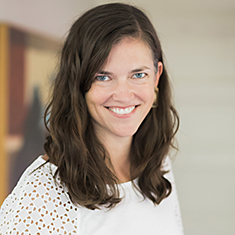From 2008 to 2012, a small team of legal generalists from the DAI-led Cambodia Micro Small and Medium Enterprise (MSME) project worked to improve that country’s uneven business enabling environment.
The project’s collaboration with hundreds of counterparts from Cambodia’s government and small business community positioned the project’s funder, the U.S. Agency for International Development (USAID), at the policy table after a decade’s absence. MSME’s generalist approach—free to improvise across ministries, and backed by the voice of thousands of local businesses—enabled us to make substantive, grounded suggestions for making business easier to conduct. The results for our client businesses have been outstanding.
This model provides lessons in how policy work can help the private sector find its voice, especially where it fears government’s heavy, uneven hand. It shows how donor flexibility can help policy work stay practical and focused as conditions change, and how a generalist team can multiply its impact by working closely with internal and external technical experts. This approach could readily be applied to situations where donors have limited history, such as in Myanmar or Libya.
Weak Demand For Change
The MSME legal policy team worked toward a clear goal: improve the Cambodian business environment for our value chain clients—modest businesspeople engaged in the swine, aquaculture, clay and tile, water, honey, and ecotourism industries. So instead of embedding ourselves as policy wonks deep in line ministries, we became an integral part of the larger value chain and “voice” project.

When we began, conditions were not propitious. After a coup in 1997, the Cambodian government received almost no direct technical assistance from the U.S. government for more than a decade. USAID was left with few contacts in economic agencies and little sense of context to help define useful policy interventions. Trust and relations with ministries had to be built from scratch.
Cambodia was solidly in the World Trade Organization, with little urgency about its WTO to-do list. Although USAID had not been involved with Cambodia’s policy discussions, other donor-funded advisors had been working for years on various aspects of business policy reform, especially those driven by WTO accession. Many of the country’s local business environment reform needs had been analyzed and discussed ad nauseam, often with modest results.
The country’s leadership and ministry structures were stable, but often seemed less interested in reform than in jockeying for increased licensing powers and fees. A patronage system was entrenched and essential to governmental functioning. After years of receiving “sitting fees” to attend meetings, salary supplements, and other perks from engaging with donors, officials often expected incentives that USAID prohibited or that the project could not provide.
While donor-funded laws, often WTO-driven, were well written and clear, locally prepared laws and legal acts were not; they typically involved carving out maximum room for ministerial discretion, regardless of overlap with other ministries’ asserted territory. Systemic rent seeking meant that changes to, for example, business licensing could be pocketbook issues for our counterparts. A broad “regulatory guillotine” approach would have met heavy resistance. Nuanced, targeted, and patient interventions were needed.
Despite these deep flaws, reflected in low Doing Business rankings, the Cambodian economy was booming under a quirky, personalized, and highly negotiable form of laissez faire governance. The private sector was largely passive, disorganized, and fearful. To slide through the opaque legal framework, businesses usually applied grease liberally, and often. This led to little demand for, or supply of, formalized business environment reform from any quarter.
In this difficult context, we made real progress with an advisory team of only one part-time senior expat advisor, four young, legally trained local consultants, and three occasional international short-term experts.
Having The Flexibility To Pick Your Fights
We had to walk a narrow path. Our role had the in-built tension of serving several masters—private businesspeople, government counterparts, and good international business regulatory practice.
Over time, we developed principled, clear, and nonthreatening means to communicate about policy issues. We pushed the envelope, but with deference to local sensitivities. Following local consultants’ lead, we defined a public tone that was appropriate, substantive, and helpful. We did not publicly discuss corruption. Instead, we focused on predictability for investors and enhancing Cambodian competitiveness, while recognizing the government’s legitimate revenue needs. This pro-business framing enabled both the project and our value chain clients to raise and address sensitive topics without causing officials to lose face or retaliate.
Increasingly—and this is key—officials became comfortable discussing delicate regulatory issues with private sector businesspeople.
"Our core value did not come from knowing narrow fields such as swine transport or fish pond management … Our strengths were procedural analysis, diplomacy, training, and the ability to build networks."
We worked with multiple ministries, investing our time as they invested theirs and not forcing our advice on bureaucrats. If they got distracted or lost interest, we turned to other more promising endeavors. We would give counterparts the benefit of the doubt and work with them as long as they were willing and able to move ahead with our suggestions, but we had limited time, limited leverage, and would cut our losses quickly and without rancor if need be, reallocating our resources but always in keeping with the interests of our value chain clients. It helped immeasurably that USAID permitted us to tailor our input as opportunities arose.
This flexible approach allowed MSME to maintain cordial relations with officials; while we were glad when they adopted our policy suggestions, we could be philosophical when they did not. While our technical legal advisory work for ministries was clearly important, we stayed rooted in the knowledge that the needs of Cambodia’s private sector must lead the drive for long-term change. We thus helped shape real public-private dialogue.
Becoming Discreetly Omnipresent
MSME’s modus operandi was to build public-private bridges for others to cross, starting with emboldening Cambodia’s private sector. Working with the MSME “voice” component, we helped strengthen business membership organizations, cooperatives, and associations by getting people to realize that they were less competitors than colleagues facing common issues and barriers.
Results that helped drive reformSelect results from the Cambodia MSME project’s value chain clients:
- Suppliers of swine feed and medicine saw sales increase 1,765 percent over four years.
- Swine traders saw their income increase 1,246 percent over the same time period.
- Fish traders saw sales increase 6,998 percent over the four years.
- From 2006 to 2008, after the project worked closely with 58 clay tile manufacturers, those companies increased their own investment in new technology by 640 percent.
- After Cambodian private water companies received MSME assistance, 26,003 families now have access to clean drinking water in their homes.
- We helped revise 35 laws and/or regulations regarding the business-friendliness of government functions, most with private sector input, to decrease red tape and minimize other barriers to efficiency.
- The Forestry Administration and the Ministry of Environment, with MSME assistance, conserved more than 80,000 hectares of Cambodia’s quickly disappearing biodiversity forest assets, which are now managed by forest communities.
While operating at the grassroots level with businesspeople, we were also working with most of the main Cambodian economic ministries on policies and laws.
For example, with the Ministry of Industry we helped develop regulations on the licensing and safety of factories and handicrafts. Building on feedback from private sector water service providers, we advanced regulations for the delivery of potable water.
We worked with the Ministry of Agriculture on issues concerning our swine value chain clients, including veterinary medicines, swine transportation, and slaughterhouse licensing. With the Fisheries Administration, we helped develop policies for aquaculture, providing input directly and through the voices of hundreds of fish farmers.
With the Ministry of Tourism, we and our value chain colleagues worked toward a credible, professional tourism promotion board. With the Ministry of Commerce, we helped develop a WTO-compliant trade remedies law in response to client fears of import surges and dumping of swine and farmed fish. Some of these efforts continue; for example, the World Bank is funding potable water regulatory work, building on what MSME developed, now that there is increased support for reform.
We were busy and soon became strangely omnipresent, carving out a niche where our business-rooted contributions added value to the policy discussion. By having multiple counterparts, multiple ministries, and many possible areas of engagement, we could stop when we hit an impasse and were always on the lookout for the next most useful activity. We were certainly not paid to make enemies. We were paid to stay engaged, deepen relationships, and help frame reform discussions to find feasible solutions.
The Virtues Of Unspecialized Assistance
MSME’s approach contrasts strongly with the classic model of placing a specialized expatriate and a small local team in one ministry to work on one defined outcome, often linked to a donor loan requirement. While these teams can achieve great results, without an integrative approach their work can often be an exercise in futility with policies, laws, and regulations being tabled and ignored. Timing can be problematic as counterpart personnel and priorities can often change, leaving orphaned advisors with no political backing and dwindling opportunities to make a real difference to long-term economic growth.
There is something fundamentally unbalanced about having advisors with narrowly defined tasks be present 100 percent of the time to work with counterparts who can afford to give them perhaps 10 percent of their attention. The imbalance and likelihood of mutual resentment are especially pronounced because even underused advisors typically earn more in a day than their key counterparts do in a month—at least officially.
The generalist nature of our core team was key to MSME’s success. We worked with so many different ministries in so many technical fields that we could not possibly aspire to be experts in all. Our core value did not come from knowing narrow fields such as swine transport or fish pond management but from our ability to analyze laws and regulations from the clear perspective of the business environment and administrative efficiency. Our strengths were procedural analysis, diplomacy, training, and the ability to build networks.
Lobbying In The Best Sense Of The Word
Developing these strengths required a practical paradigm shift for the local team. To be effective, everyone had to rethink their roles as lawyers. Instead of being narrow, technical experts, they had to have the confidence and skills to steer discussions with government and private sector counterparts who knew their technical fields better than we ever could. They had to draw on their networks of contacts to get information and obtain discreet, behind-the-scenes feedback. They had to play outside of their league and comfort zones. They had to learn to lobby in the best sense of that suspect word.
We got our much-needed technical information from the project’s value chain experts, ministry counterparts, and DAI experts in fields such as tourism, water, and trade. Our external team grew to include a wide range of other donor-funded specialists whose cooperation and feedback were essential. We shared drafts of documents, organized joint trainings, shared insights, and supported each other in various initiatives, which helped our generalist policy team to double-check recommendations with specific technical knowledge.
The Evolving Business Enabling Environment Model
The generalists in the MSME team earned influence out of proportion to our numbers. We did so by providing high-level advice and training on topics of importance to key government officers in charge of regulating agriculture, industry, trade, fisheries, tourism, and the environment—and by rooting that advice clearly in value chain client interests. This flexible, efficient, client-driven, inclusive, and diplomatic approach may serve as a model elsewhere.
It is common for donors to seek exactly the right technical expert with just the right years of detailed experience needed to fill a precisely defined niche. Alas, this search for a technocratic Holy Grail is often misplaced. While these experts can provide invaluable services—and we often drew on their knowledge—technical work often needs the “glue” provided by generalists.
Business enabling environment reform challenges are often less technical than political, economic, psychological, or sociological. If technical solutions have not been framed properly for the context, even the most brilliant suggestions will fall flat, landing in the world’s expensive, ever-growing pile of technically excellent, politely accepted—and then ignored—donor-funded reports.
On the other hand, there is no substitute for reform advice coming from a broad, systemic viewpoint, especially when it is backed by the voices of thousands of local businesses.




